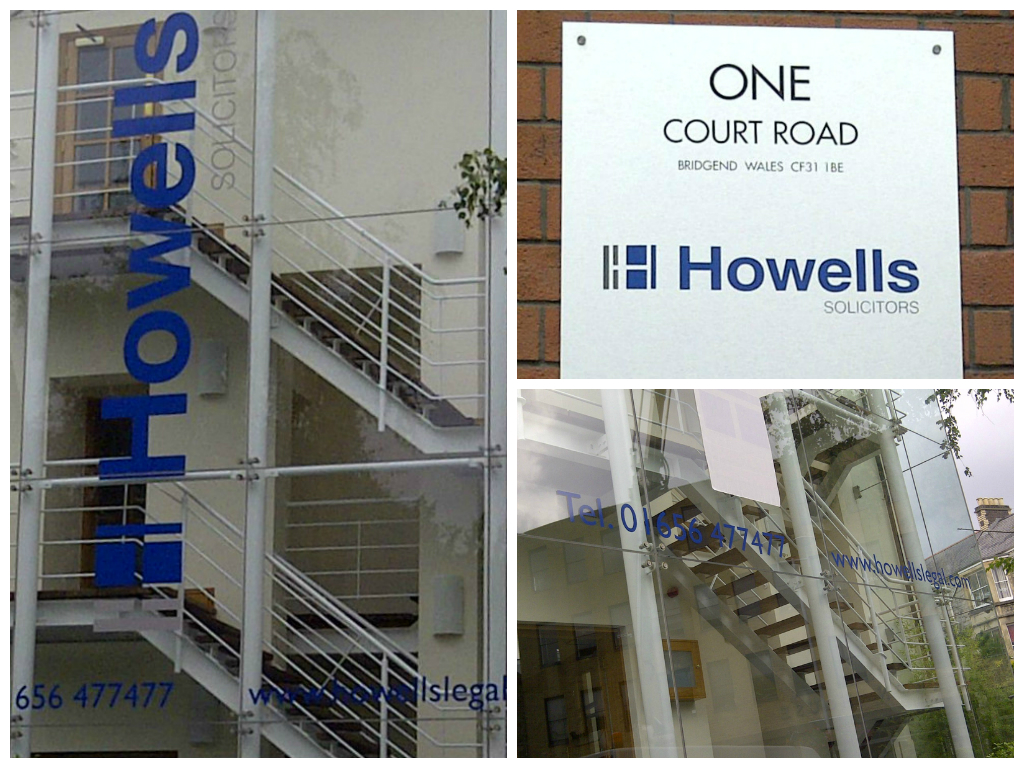
Buying a home can be a stressful, time-consuming process, one that is often fraught with delays and other difficulties. There are things that you can do, however, to ensure that when buying or selling a home, things go as smoothly as possible.
In order to help you further understand the process and the problems that can be encountered throughout, we’ve put together this list of the top eighteen reasons for delays in the conveyancing process, along with advice on how to avoid them where possible.
Delays in the Conveyancing Process
The conveyancing process can be held up by many things, and it’s important to note that often these are out of the control of your conveyancer or estate agent. Typically, delays in the conveyancing process are caused further down the property chain, usually when waiting for information from other parties involved in the transaction.
1. Not instructing solicitor as soon as house is put on the market/an offer placed More...

Howells Solicitors is opening a specialist conveyancing centre of excellence in Bridgend, and taking another step towards our aim of becoming one of the top five conveyancing firms in the UK.
The new conveyancing hub will extend our branch network of six offices between Swansea and Newport, creating thirteen new jobs and safeguarding a further three.
Based at No. 1 Court Road in Bridgend town centre, the hub will serve all parts of the UK, with a strong focus on the English market.
Our investment, which was made in response to opportunities arising from the improvement in the property market post-recession, was backed by £100,000 from the Welsh Government's Economic Growth Fund. More...

The next instalment in our FAQ series sees us advise a homebuyer who is in the process of buying a leasehold property, and has been surprised by unexpected costs.
Q: I am buying a leasehold property and understand that there are additional charges payable that were not on my initial quote. Is this correct and why is this?
A: Leasehold transactions often incur fees that are payable to the management company/landlord and your solicitor should have advised you of this. The fees that are payable are often unknown at the time that you would have received your initial quote as the fees come to light once contact is made with the management company later on in the transaction.
When you buy a leasehold property it is likely that you will have to serve notice on the landlord/management company on completion to confirm that you have purchased the property and/or mortgaged the property. There is nearly always a fee for this and the fee varies between management companies. There may also be other fees payable such a deed of covenant fee. Upon receipt of the management company information pack from the seller’s solicitors, your legal adviser should explain the fees to you. More...

Jeremy Clarkson, who was publicly removed from his role as controversial Top Gear presenter by the BBC in March, is making the papers again this week as a result of his high profile sacking.
Over the past few days, Clarkson’s name has been splashed across the headlines as it’s come to light that he may not be able to host a car show on a UK channel for a period of two years as a result of a term in his contract.
But can employers legally prevent their ex-employees from working for a competitor? And if so, how do they go about enforcing it?
Restrictive Covenants
Clauses such as the one mentioned above are actually common in modern employment contracts, and are referred to as Restrictive Covenants.
Restrictive Covenants are considered vital in business, and are implemented in order to protect a business’ interests. However, it’s important to note that they strictly cannot go any further than is necessary to protect said interests.
In England and Wales, courts are very strict when an employer is seeking to enforce a restrictive covenant, particularly as these clauses can restrict an individual’s chance of finding alternative employment and can be seen as a restraint of trade. More...

Q: I have found a property that I really want to buy and my offer has been accepted. I was devastated however to find that the survey highlighted a couple of issues that need urgent attention such as a problem with damp. What should I do next?
A: Don't panic if it all seems like bad news. The survey is designed to highlight defects and there are some options open to you.
In the first instance you should consider obtaining a specialist contractor's estimate for the work needed to rectify the problem, e.g. contact a damp specialist. Your estate agent might be able to recommend someone and it might be worth obtaining a few quotes from different specialists.
You could use the estimates to try to renegotiate the purchase price with the seller. If there are major problems, your solicitor should inform your lender (if applicable) to ensure that the lender is happy to continue to lend the money. If the work will substantially improve the property you might want to split the cost with the seller. More...
